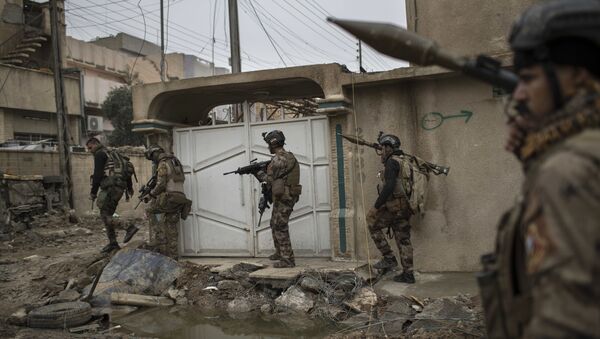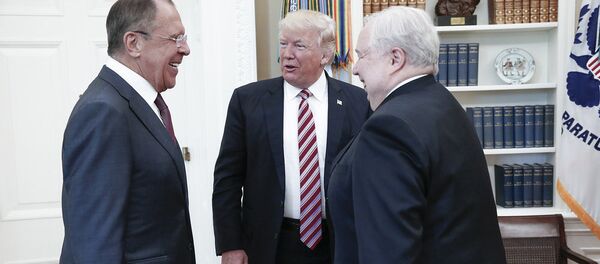Inefficient documentation processes covering the large datasets that track the US government’s multi-billion dollar program to arm the Iraqi government resulted in "inaccurate visibility and accountability documentation for equipment worth more than $1 billion," a September 2016 internal government audit released Wednesday said.
Critics were quick to note the glaring issue of improperly monitoring millions of dollars’ worth of sophisticated Pentagon-grade equipment in a region wracked with instability and violence. The audit, published online following an Amnesty International Freedom of Information Act request, “provides a worrying insight into the US Army’s flawed – and potentially dangerous – system to a hugely volatile region,” said Patrick Wilcken, Amnesty’s Arms Control and Human Rights Researcher.
The audit was circulated among Pentagon brass in September of last year.
Budget authorizations from 2015 and 2016 funneled $2.3 billion to the Iraq Train and Equip Fund (ITEF), Pentagon records show, to support the Iraqi government and Iraqi security forces, and to "improve the efficiency" of the Peshmerga, an outfit of Kurdish fighters in northern Iraq.
Failing to maintain accurate data on the quantity of arms and equipment sent to Iraq could lead to potential downstream cost growth. Since the aid packages weren’t properly tracked, officials could request duplicates of inventory already present in the country, according to a declassified DoD Inspector General report released Wednesday. Where those duplicates might have been sent is anyone’s guess.
A $28 million package of rifles, mortar rounds and armored Humvees was among the inventory being transferred to regional combatants to fight Daesh. "Any fragilities along the transfer chain greatly increase the risks of weapons going astray in a region where armed groups have wrought havoc and caused immense human suffering,' the Amnesty International researcher said.
The Pentagon has earned $6 billion since 2010 for a slush fund by marking up fuel prices sold to the armed forces, the Washington Post reported on Saturday. About $80 million was withdrawn from the fund to train Syrian "rebels," the Post said.




